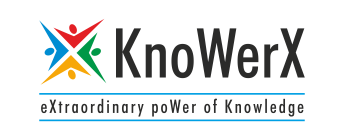It seems we can’t find what you’re looking for. Perhaps searching can help.
Recent Comments
No comments to show.
Search on blog
TAG CLOUD
APICS
APICS Certification
APICS Courses
APICS CPIM
Best Courses in Supply Chain Management
certificate in supply chain management and logistics
course on supply chain management and logistics
Courses
CPIM
CPSM
CSCP
Green Belt Certification
HIGH MAX INDIA Certification
HIGH MAX INDIA Courses
KnoWerX
lean six sigma
lean six sigma black belt
risk and resilience
SCM certifications
SCM Guru
SCM Guru Apics Certification
SCM professionals
SCM professionals certificate in supply chain management and logistics
SCOR-P
six sigma black belt certification
Six sigma certification
Supply Chain
supply chain management and logistics
supply chain management courses
supply chain risk
TC D Courses
Post List
-
What is the difference between Six Sigma and Lean Six Sigma?
August 2, 2022 By nistush -
IMPORTANCE AND PRIMARY GOALS OF SUPPLY CHAIN MANAGEMENT
August 10, 2022 By nistush -
WILL SCM TRAINING HELP ME IN GETTING A BETTER JOB WITH A HIGH SALARY PACKAGE?
August 20, 2022 By nistush
